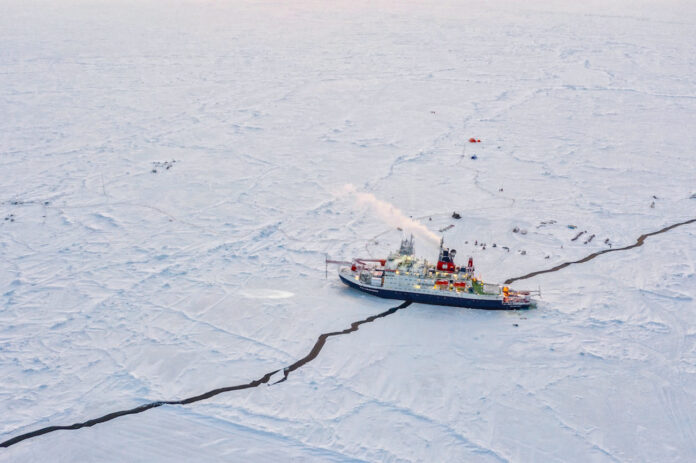Author: Marc Lanteigne
Affiliation: University of Tromsø, The Arctic University of Norway.
Organization/Publisher: Global Asia, The East Asia Foundation
Date/Place: December 2020
Type of Literature: Opinion Article
Word Count: 3693
Keywords: US-Russia, Arctic Region, Biden-administration, Great powers
Brief:
The Arctic region is the new battleground for the US-Russia power show. In this battle, China is also stretching its arms in the area. Incredible power is engrossing the region, both by hard and soft powers. After Biden’s election, US foreign policy towards Russia is expected to be rigorous. Consequently, Russia’s grand ambitions in the Arctic region are overtly in action. Russia is providing an alternative to all national economies, which are under the siege of Western sanctions. Russia’s main emphasis is on energy projects in the Arctic region. By promotion of Siberia’s potential for energy and infrastructure projects, and partnership on the Arctic Ocean’s Northern Sea Route, it is projected to enhance the Asia-Europe maritime shipping with such flagship projects. This partnership also leads to the so-called Belt and Road initiative. Along with this, Russia has a great hold on the oil and gas resources in the Arctic region. For instance, the Yamal LNG project in Siberia is the centerpiece of these plans; Russia plans on reviving energy demand in the global economic recession caused by COVID-19. For this purpose, Moscow approved a 15-year Arctic development plan in October 2020, which backs both economic and local resource development in the region. On the other hand, the Trump administration’s Arctic policy was not coherent; it diluted the American environmental policy of the area, the only emphasis being on military development. The article gives possibilities for cooperation and discord—a very charged military environment and the presence of the US Navy’s second fleet, and more than 40 Russian icebreakers and nuclear-powered ships. In the prospect of cooperation, the initial success of the Polar Code of 2017 could be a great example. The code was meant to regulate civilian ship transit in both Arctic and Antarctic waters, including the concerns over climate change and environmental security. The region extends great potential for cooperation.
By: Maryam Khan, CIGA Research Associate




